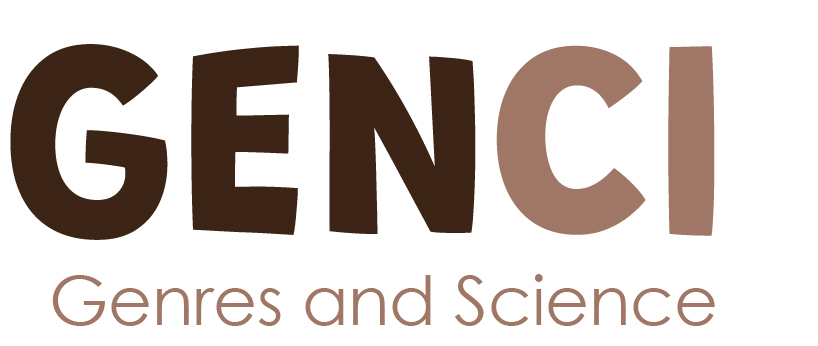Exploring discoursal uptake and recontextualization in a genre network online: A case study. Carmen Pérez-Llantada
Abstract
The intertextual and hypertextual relations among genres (discourse types) that result from the Web 2.0 technological affordances invite genre analysts to better grasp the complexity of meaning making processes and the generic interrelations that are established in web-based specialized communication. The purpose of this presentation is to explore processes of discoursal uptake and recontextualization in a network of interconnected genres online. This network contains different genres that represent different types of discourse—the institutional discourse, the scientific discourse and the parascientific discourse—and they all revolve around the topic of climate change. Using computer assisted discourse analysis techniques I discuss processes of recontextualization and refocusing across the genres of the network by tracing i) the degree of semantic and lexico-syntactic overlap among the network genres, ii) the existing intertextual links and hypertextual relations, and iii) the rhetors’ authorial positionings and pragmatic stance towards the possible causes and expected effects of climate change. I aim to show how different perspectives and views about climate change are built, transformed and repurposed in various ways to create different pragmatic and rhetorical effects.
Ethos, logos, and pathos in crowdfunding project videos of science: Multimodal persuasive strategies to involve citizen participation in research. Vivas-Peraza, A.C.
Abstract
Over the past two decades, the advent of digital technologies has facilitated the participation of the general public in cutting-edge scientific research (Luzón & Pérez- Llantada, 2019). A practice that has gained prominence on the Web is crowdfunding, a strategy increasingly used by scientists to solicit online donations for their research projects (Mehlenbacher, 2019). Previous studies (Doyle et al., 2017; Greenberg et al., 2013) have shown that creating a brief project video for an online crowdfunding campaign can produce a significant persuasive effect on potential donors; however, very little attention has been paid to the rhetoric of this digital genre (Mehlenbacher, 2017). The current study analyses a small-scale corpus of 50 project videos to observe the verbal and visual persuasive strategies used. To do that, I adopt a multimodal discourse analysis (MDA) approach, which argues that communication is achieved through an interplay of various semiotic modes (O’Halloran, 2009; Bateman, 2008); and I classify the strategies according to Aristotle’s traditional rhetorical appeals: Ethos (credibility), Logos (reason), and Pathos (emotion) (Higgins & Walker, 2012). Most strategies found are classified as Ethos, suggesting that researchers devote their main efforts to providing a positive self-image and creating a passionate and prepared research identity. These findings aim to contribute to a better understanding of public communication of science, as well as to inform and train future scientists about the strategies that they can use to convince non-specialised audiences to donate to a scientific cause.
